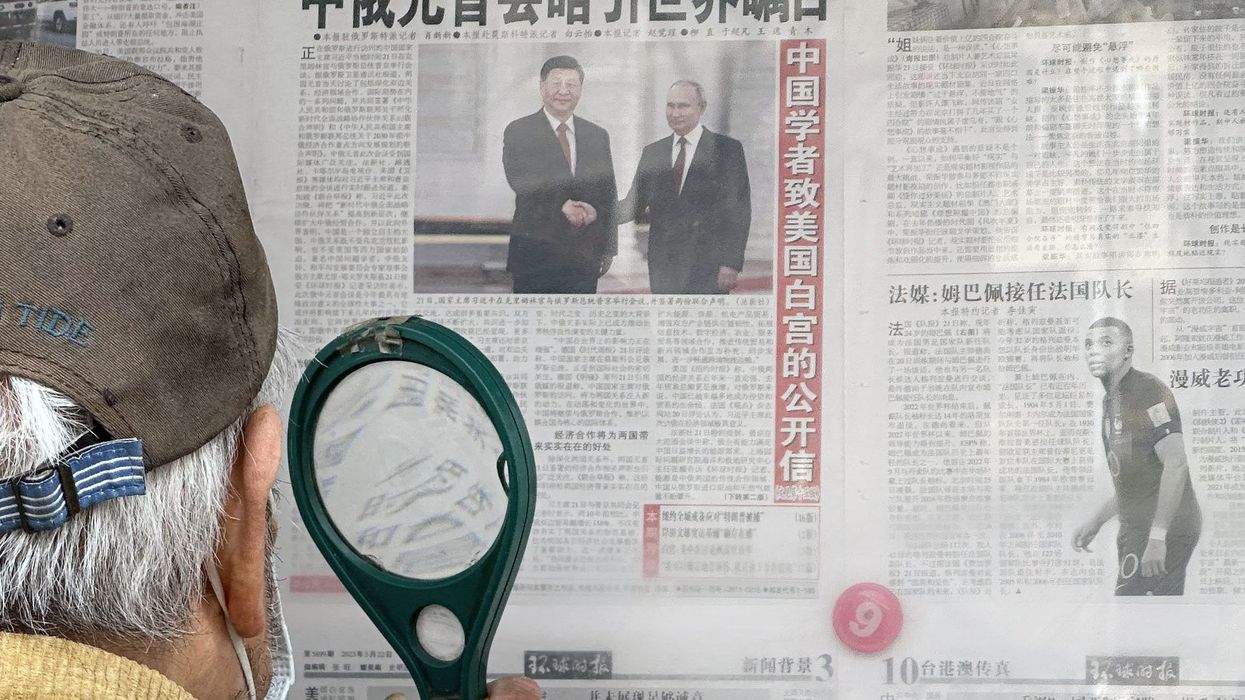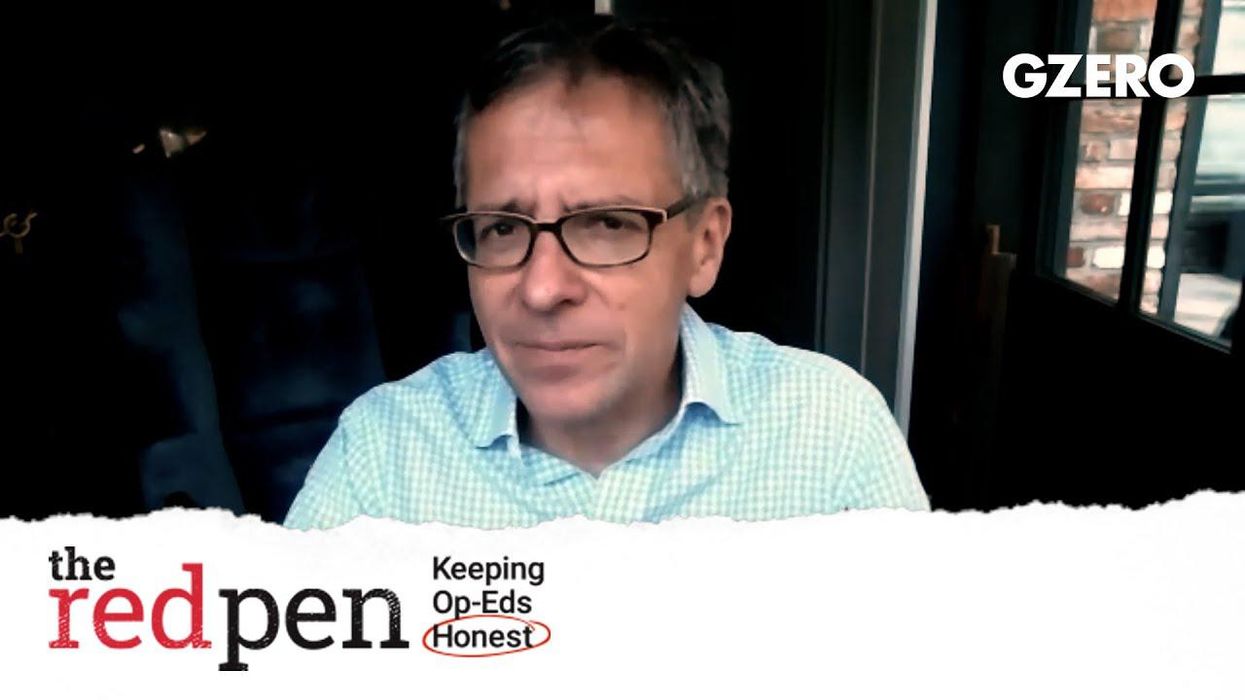News
Will the EU sanction Chinese companies for skirting Russian sanctions?
This week, EU member states will reportedly begin debating secondary sanctions against seven Chinese companies suspected of aiding Russia's war efforts in Ukraine by selling Moscow things like microchips that can be used in cruise missiles.
May 08, 2023





